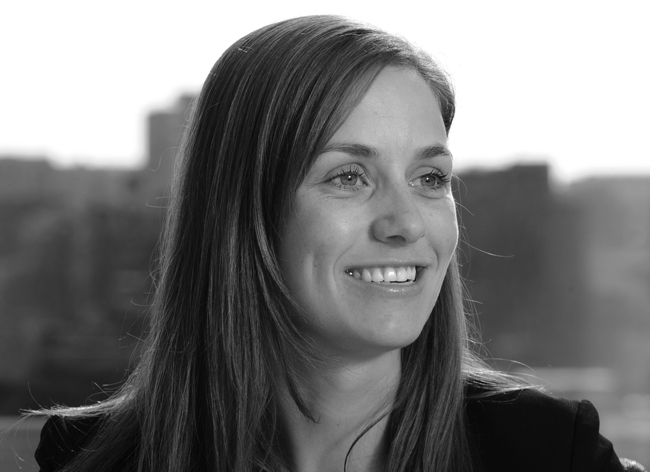Bonita Costigane, Darwin, 2010-2011
Bonita studied mechanical engineering at Queen’s University in Kingston, Canada. Her career began as a project manager for facilities and infrastructure, varying from ice arenas to hotels and industrial processing plants, through planning, design, and construction phases. She completed the ESD MPhil in 2011, returning to Canada as a sustainability advisor with MHPM Project Leaders. In addition to authoring the firm’s first corporate sustainability report, Bonita’s work included business case modelling for on-site renewable energy generation, integrating technical sustainability performance into multi-million dollar developments, and sustainability benchmarking and reporting for an investment portfolio.
In June 2014, Bonita relocated to the UK as a Senior Consultant in Strategy & Transformation in the management consulting arm of EC Harris LLP and now works for Arcadis. Her passion and interests lie at the intersection of sustainability and management; how management practices and systems can incentivise sustainable decision making and behaviours, and in turn, better business outcomes.
Dissertation title:
Sustainability in Engineering & Design Consultancy
Students report:
While working as a project manager in Toronto, green building certification programs were gaining traction in the marketplace. I became increasingly interested in how I could bring about more positive change for client organisations, beyond a new building with a LEED plaque on the wall. I was gaining first-hand experience in the importance of people, process, and systems factors in affecting change. Outside of work, I was a local leader of Engineers without Borders Canada and equally interested in a career in international development. The MPhil ticked all of the boxes, offering content across infrastructure, buildings, business, and international development. With two years of work experience under my belt, it was the perfect pivot point to help shape the next steps of my career.
The course offered an opportunity to work with like-minded engineers from around the world, tackling complex problems that went far beyond the role of a traditional engineer. The dissertation process was incredibly rewarding, offering the resources and guidance for me to define and explore an area within sustainability that helped shape my career in business and sustainability, while forging a network of sustainability peers.
Without a doubt, learning from and working with so many bright, ambitious, and sustainably-minded classmates made the course what it was. Despite our geographic spread, this network stays incredibly strong today with classmates growing families of their own, taking on new and exciting jobs, and moving to new countries.
I now work as a management consultant with Arcadis, advising businesses, governments, and non-profits through transformational change. Whether it’s designing an organisation’s blueprint and target operating model, or crafting a programme management office for capital project delivery, I have found that sustainability can always be woven into the conversation and process. I love the challenge of being the sustainability champion while helping to shape such large scale organisational change.

